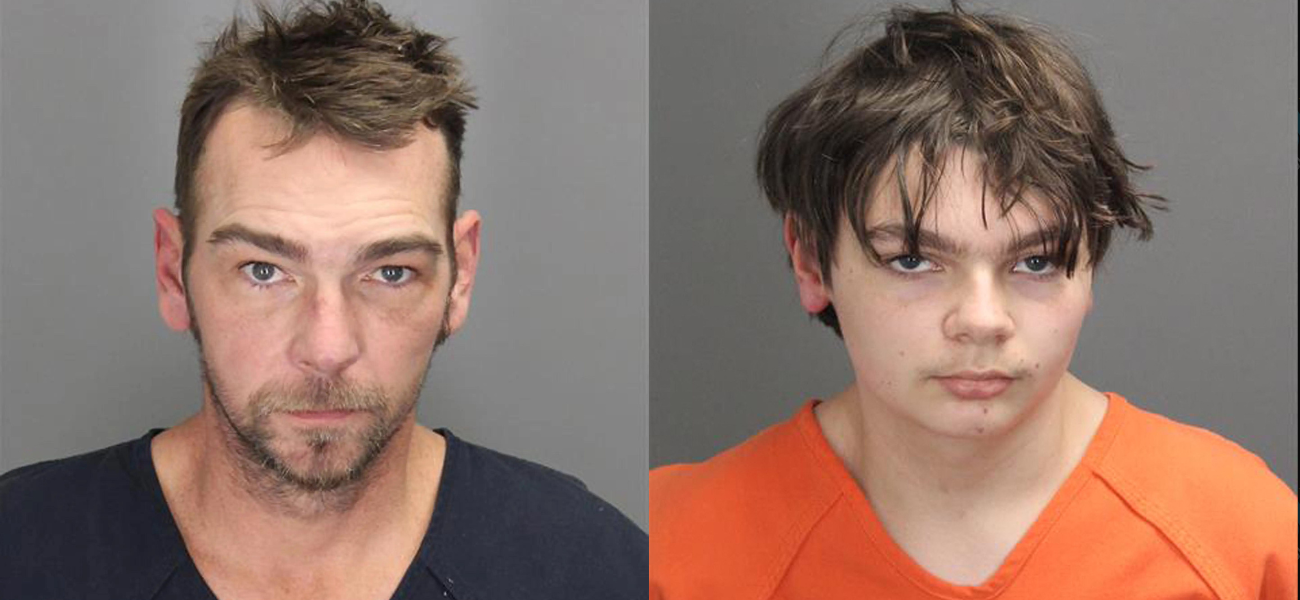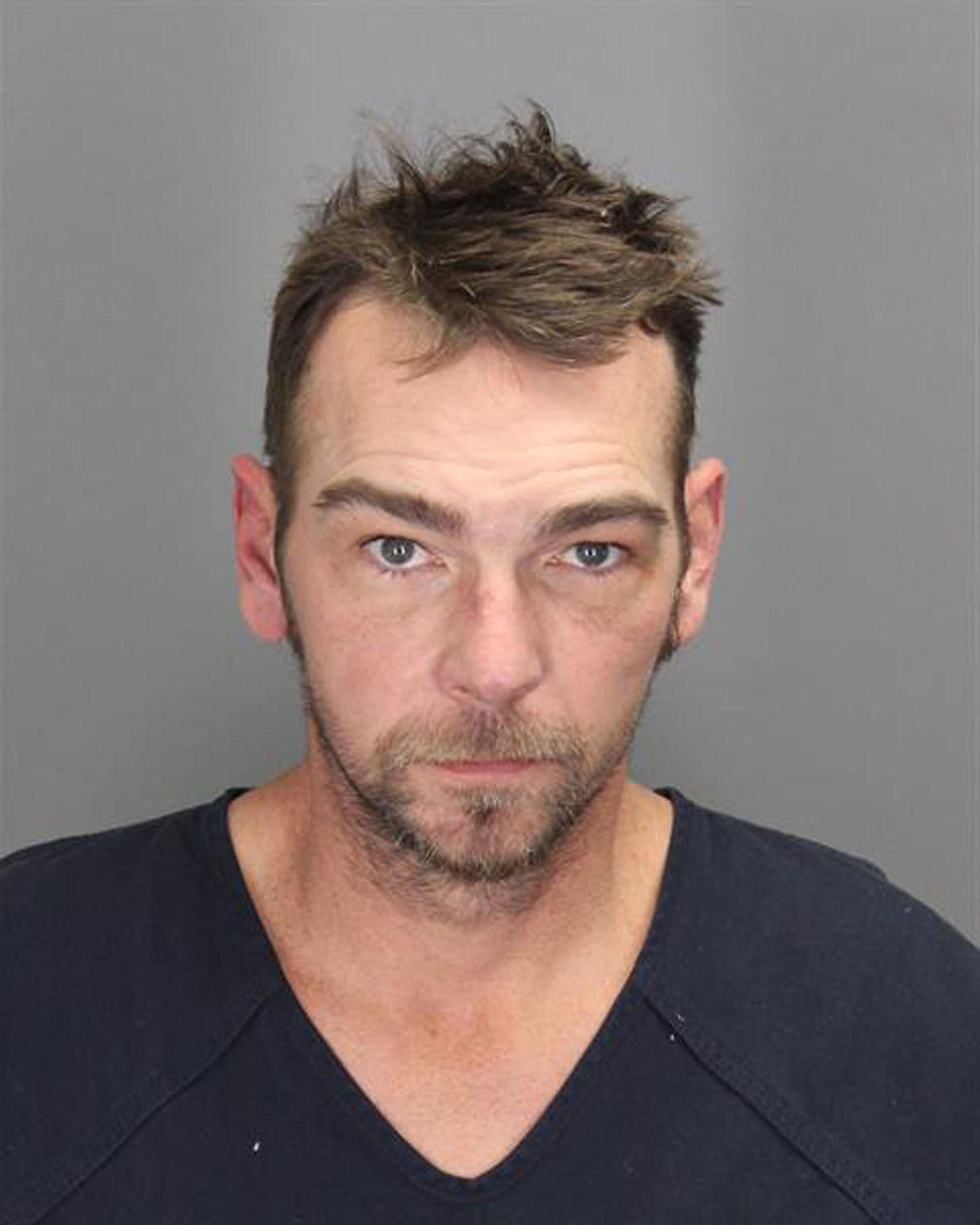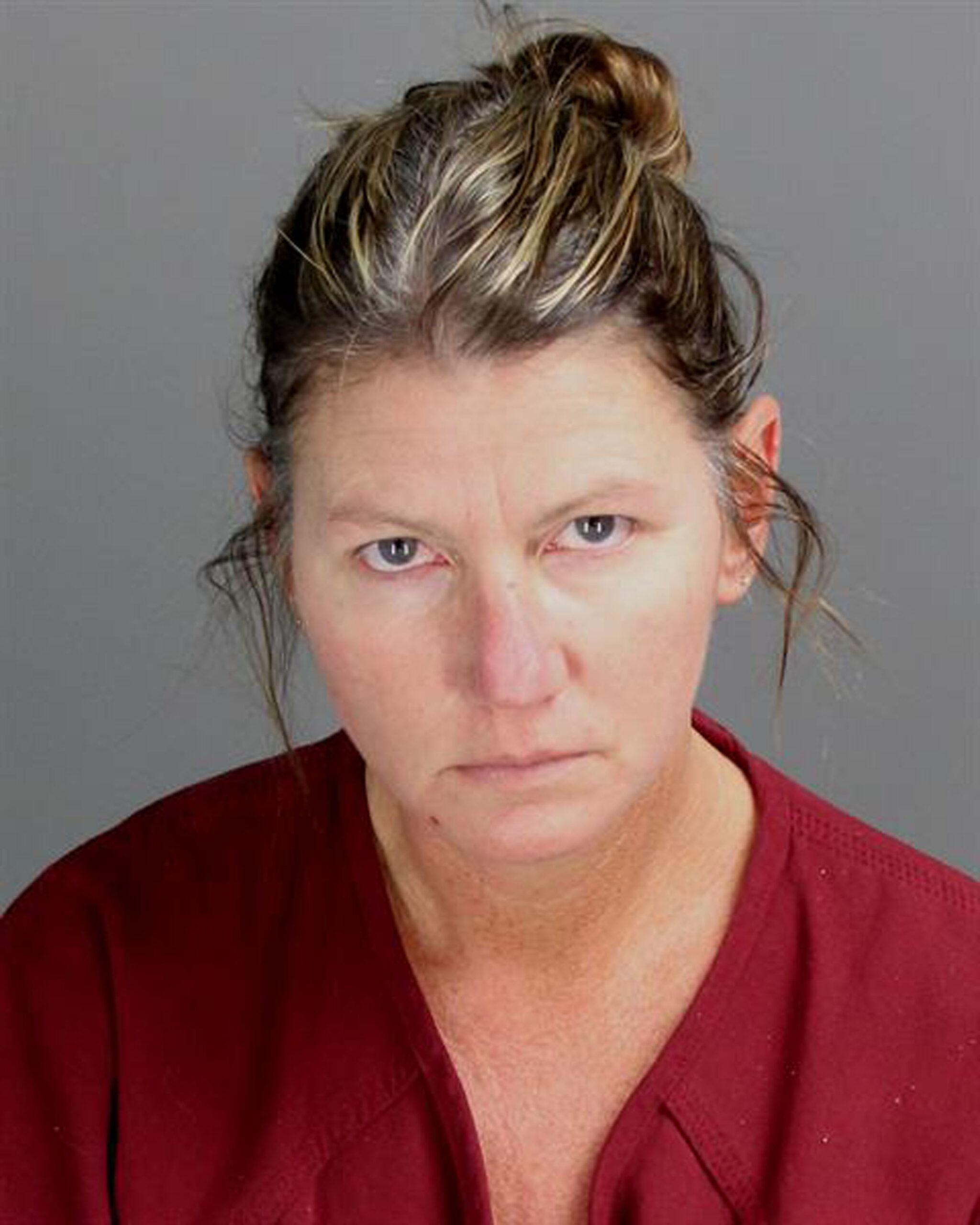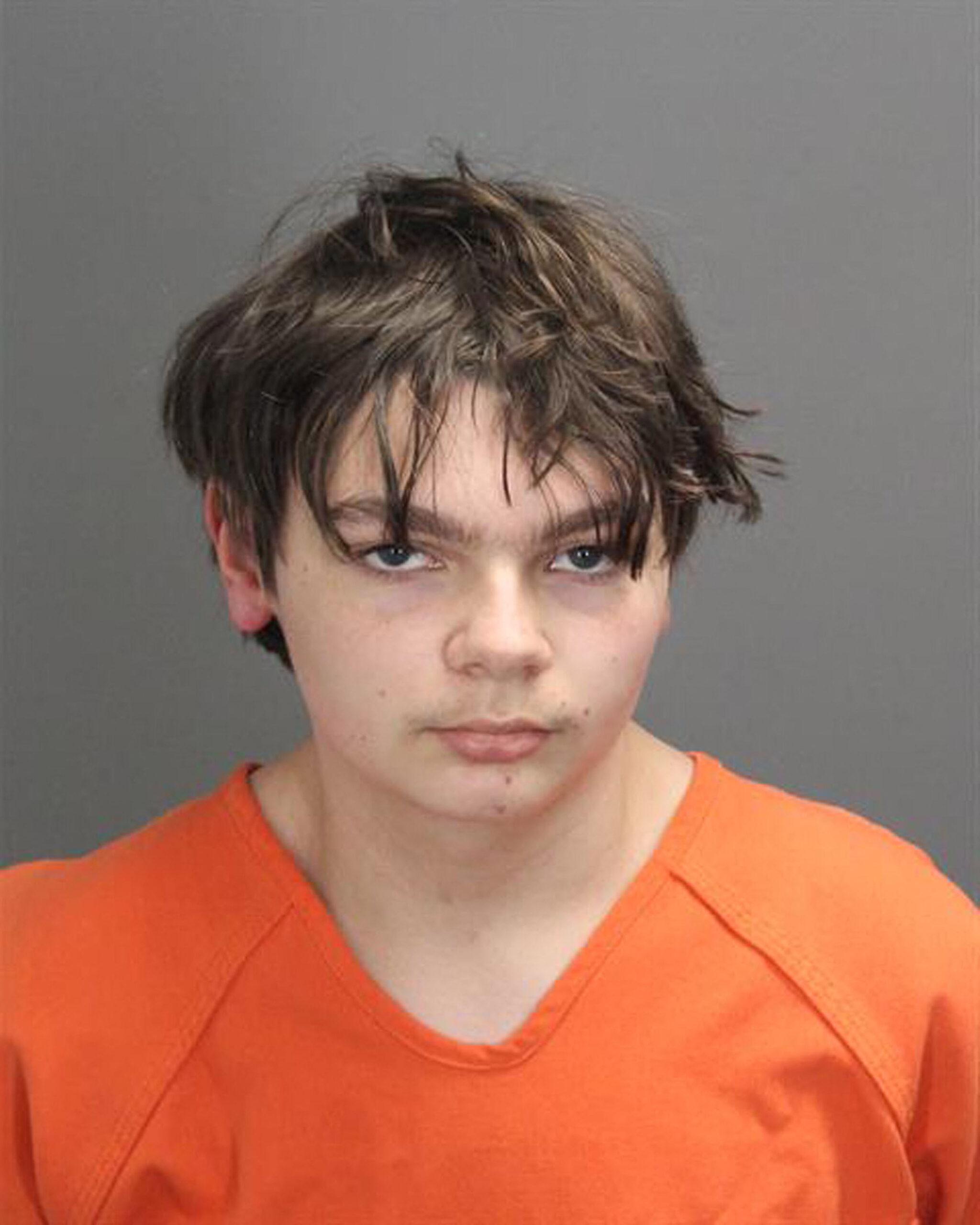Father of Michigan School Shooter Faces Trial for Involuntary Manslaughter After Wife's Conviction
By Favour Adegoke on March 5, 2024 at 12:42 PM EST
Updated on March 5, 2024 at 12:49 PM EST

James Crumbley, the father of Michigan school shooter Ethan Crumbley, is soon to be tried for charges of involuntary manslaughter.
The charges were brought up in relation to his son's deadly actions that led to the deaths of four students and injuries to many others. His wife, Jennifer Crumbley, was recently convicted on similar charges of involuntary manslaughter.
James Crumbley Is Set To Be Tried On Charges Of Involuntary Manslaughter

According to reports, James is set to go on trial on charges of involuntary manslaughter following his son's act of murdering four students at Oxford High School in Oxford, Michigan, in November 2021.
James was hit with four counts of the said charges, the same as his wife, Jennifer, who was recently convicted. She is expected to receive her sentencing in April.
Charges were brought against the duo for ignoring warning signs before their son, Ethan, went on a gun rampage that led to the deaths of Tate Myre, Madisyn Baldwin, Hana St. Juliana, and Justin Shilling.
All four victims were Ethan's classmates and fellow teenagers, with the oldest being 17 and the youngest being 14. Ethan was 15 years old at the time he carried out the act. He also injured seven people in the process, including a teacher.
Why James And Jennifer Crumbley Were Charged In The Michigan Shooting

While charging parents for a child's crime is highly unusual, many details in the investigation revealed that James and his wife could have done more to prevent the incident.
As part of the reports, it is believed that Jennifer downplayed an incident involving her son being caught searching online for ammunition at school just a day before he carried out the act. She reportedly even told Ethan she was "not mad" at him and advised him "to learn not to get caught."
Furthermore, James and Jennifer were said to have refused to have their son removed from the school on the day of the incident after they were called in urgently when Ethan was caught with several drawings of guns and bloodied people.
It was also noted that the couple did not properly keep the weapon, leaving it in an unlocked drawer that was easily accessible to Ethan. Overall, the prosecution hopes that the Crumbleys case will convey a message about responsible gun ownership.
James Crumbley's Possible Strategy For His Trial

It is believed that James' lawyer, Mariell Lehman, will try to portray him to the jury as a sympathetic person. However, it is unclear whether he would take to the stand just like his wife did during her trial.
Ahead of the trial, there has been a mixture of losses and wins for James's attorney in preparing his defense. One loss came from the judge refusing Lehman's request to block entries from Ethan's writings from being admitted as evidence.
Another loss was classifying Ethan's psychological records as privileged, meaning the defense could not use them to show that the 15-year-old did not inform his father about his mental issues.
Meanwhile, the win refers to the judge's decision to increase the number of peremptory challenges, or strikes, that the defense and prosecution can use to dismiss potential jurors who they deem unfavorable for the case.
The Michigan Shooter Ethan Crumbley Is Serving A Life Sentence In Prison

As for James and Jennifer's son, he pleaded guilty to four counts of first-degree murder, one count of terrorism causing death, and 19 other charges for his gun rampage at Oxford High School in 2021.
During the trial, he spoke briefly to the court and took responsibility for his deadly actions while promising to become a better person in jail.
"I am a really bad person. I've done terrible things that no one should ever do," Ethan said, per NBC. "I've hurt many people, and that's what I've done, and I'm not denying that, but that's not who I plan to be."
In December last year, he was then sentenced to life in prison without the possibility of parole. Despite being a minor at the time the crime occurred, the judge imposed a maximum sentence for him rather than opting for a minimum term of 25 to 40 years in prison under state law.
He became the first minor to be sentenced to life sans parole after a 2012 US Supreme Court ruling deemed such a measure unnecessary for criminals under that age.